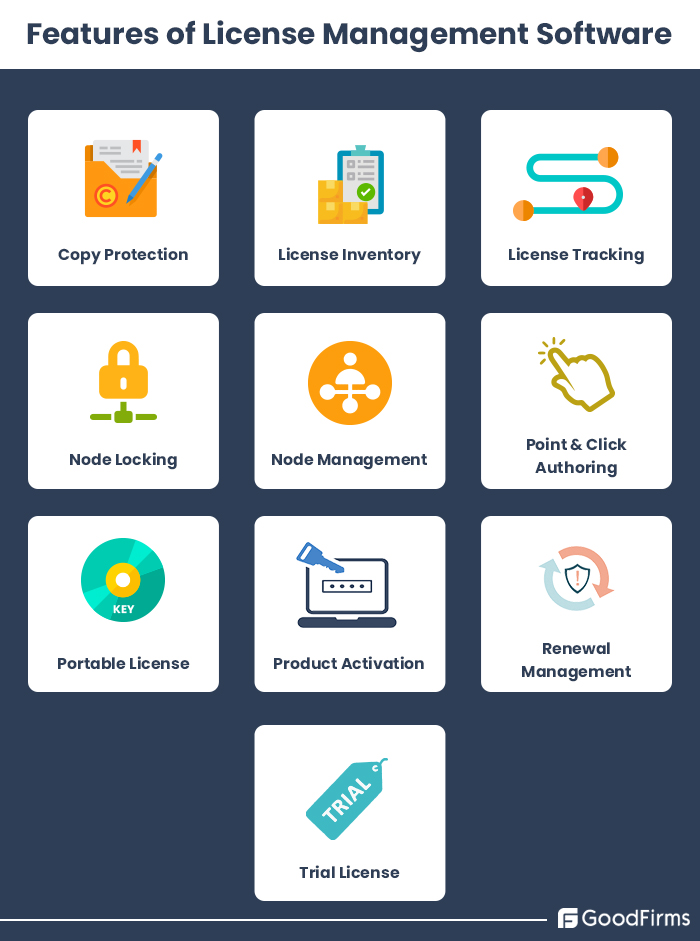In today’s digital age, where innovations and conveniences are powered by technology, software is fundamental in both personal lives and professional settings. While the allure of free software can be tempting, navigating the difficult terrain of software piracy reveals serious consequences that can put both individual users and entire organizations at risk. Authentic software licenses are not merely bureaucratic formalities; they provide essential protections, ensure compliance, and guarantee access to updates and support.
Understanding the importance of authentic software licenses is vital for fostering a sustainable digital environment. Licensed software improves security and efficiency, providing assurance that pirated options cannot offer. By focusing on lawful software, users help maintain the integrity of the software environment and back the developers who labor diligently to produce the tools we depend on daily.
Comprehending Licenses for Software
Software licenses are legal agreements that provide users the permission to use a software product under specific conditions. These licenses outline how the software can be used, the limitations imposed on the user, and the rights retained by the software creator. Understanding these licenses is essential because they safeguard both the user and the creator, making sure that the software is used in accordance with the developer's intentions.
Various forms of software licenses exist, ranging from proprietary licenses to open-source licenses. Proprietary licenses typically limit users from changing or distributing the software, while open-source licenses encourage joint efforts and sharing of software code. Users need to acquaint themselves with the exact form of license governing the software they plan to utilize to make informed decisions about their application and to steer clear of potential legal complications.
The effects of employing software without a proper license can be serious. Unauthorized use of software can lead to legal repercussions, including fines or legal action. Furthermore, utilizing unlicensed software can expose users to security risks such as viruses and lack of support. Therefore, authentic software licenses are crucial for securing the safe and legitimate use of software products.
The Dangers of Pirated Software
Piracy of software poses significant risks to people and companies alike. One of the most pressing dangers is the exposure to malware and viruses often bundled with pirated software. activatusoftware.com exploit the need for free resources by embedding harmful code that can compromise personal and private information. The repercussions of such breaches can be catastrophic, leading to fraud, economic harm, and extensive damage to one's reputation.
Another risk associated with using pirated software is the lack of support and updates. Genuine software licenses typically include access to regular updates, patches, and technical support. In contrast, pirated software leaves users vulnerable, as they miss out on essential security updates that safeguard against newly discovered vulnerabilities. This lack of support can result in lengthy periods of inactivity and increased costs related to fixing issues that could have been avoided with authentic software.
Additionally, engaging in software piracy can have legal ramifications. Many jurisdictions have stringent laws protecting IP rights, and using unlicensed software can lead to court proceedings from developers. Businesses found to be using pirated software may face hefty fines, strained ties with vendors, and damage to their reputation in the market. Maintaining adherence with licensing agreements not only fosters a professional image but also mitigates the risks associated with legal repercussions.
Benefits of Using Legitimate Licenses
Using legitimate software licenses offers users with lawful protection and confidence. When you obtain software with a valid license, you can be certain that you are following copyright laws. This not only protects you from possible legal action but also helps the developers who invest time and resources into developing the software. Legal software usage fosters a ethical digital environment and promotes innovation.
In addition to lawful benefits, genuine licenses often come with important customer support and updates. Licensed software generally includes access to technical support services, which can be vital in troubleshooting issues or receiving guidance on software usage. Furthermore, licensed users are granted updates that enhance software performance, resolve security vulnerabilities, and present new features. These updates can significantly improve the user experience and increase the functionality of the software.
Ultimately, investing in legitimate licenses can lead to better security. Pirated software commonly comes with secret malware and vulnerabilities that can jeopardize your personal data and system integrity. Genuine licenses ensure that you are using software that has undergone rigorous testing and is consistently updated against threats. By opting for genuine licenses, users aid to a more secure computing environment and protect their digital assets from potential harm.

